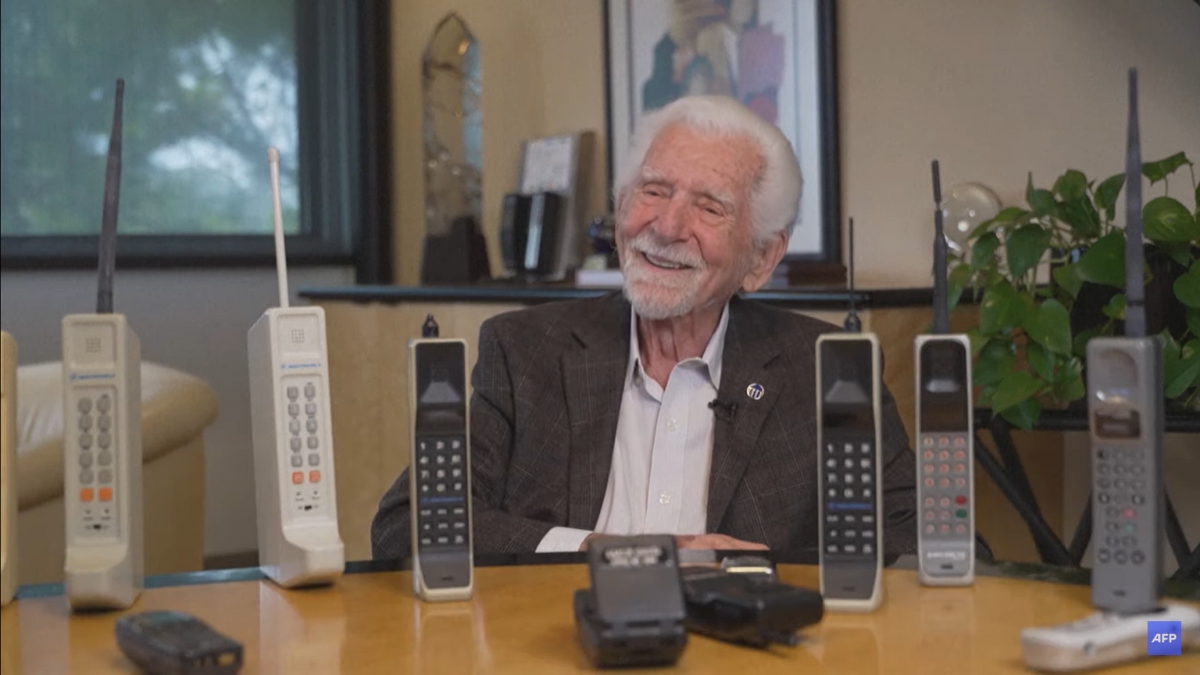- By Vikas Yadav
- Fri, 31 Mar 2023 11:23 AM (IST)
- Source:JND
MARTIN Cooper invented the first phone nearly half a century ago. At that time, not everybody could picture the impact of the upcoming pocket-friendly innovation on our daily activities. However, along with the positives, experts have highlighted the concerns associated with the use of smartphones.
Adding to that concern bill are Cooper's thoughts about people using it too often. Cooper is an American engineer who worked for Motorola during the initial projects of a smartphone debut from the brand. As March was sloping to make way for April in 1973, the team unveiled DynaTAC (Dynamic Adaptive Total Area Coverage) handset.
Martin's Concerns
"People with smartphones look at them too much, they've become caught up in the smartphone," he adds in the video shared by AFP on YouTube. "I am devastated when I see somebody crossing the street and looking at their cell phone. That's a very common occurrence and they are out of their minds," the 94-year-old told AFP. However, he is optimistic for the upcoming generations adopting the change and using the cell phone "more effectively."
The First Call
He showcased the first phone in the video shared by the news agency. The handheld was capable of talking and listening. It weighed over one kilo and could survive for nearly 25 minutes, he adds. He made his first call from a Motorola device in 1973.
Martin made the first call to his counterpart Dr Joel Engel." I said, 'Joel, this is Martin Cooper,' he went on and expressed, "I'm talking to you on a handheld cell phone. But a real cell phone, personal, portable, handheld. There was silence on the other end of the line. I think he was gritting his teeth."
Devices He Uses At Present
Currently, Martin uses an Apple handset for calls. The mobile architect has an Apple Watch on his wrist and the latest iPhone in his hands. He moves to the newest model whenever it gets official.
Positive Hopes
He is upbeat about the use cases of phones in the education and healthcare sectors in future. "I know that sounds like an exaggeration, but I want you to know within a generation or two, we are going to conquer disease, eliminate disease," Cooper adds.

